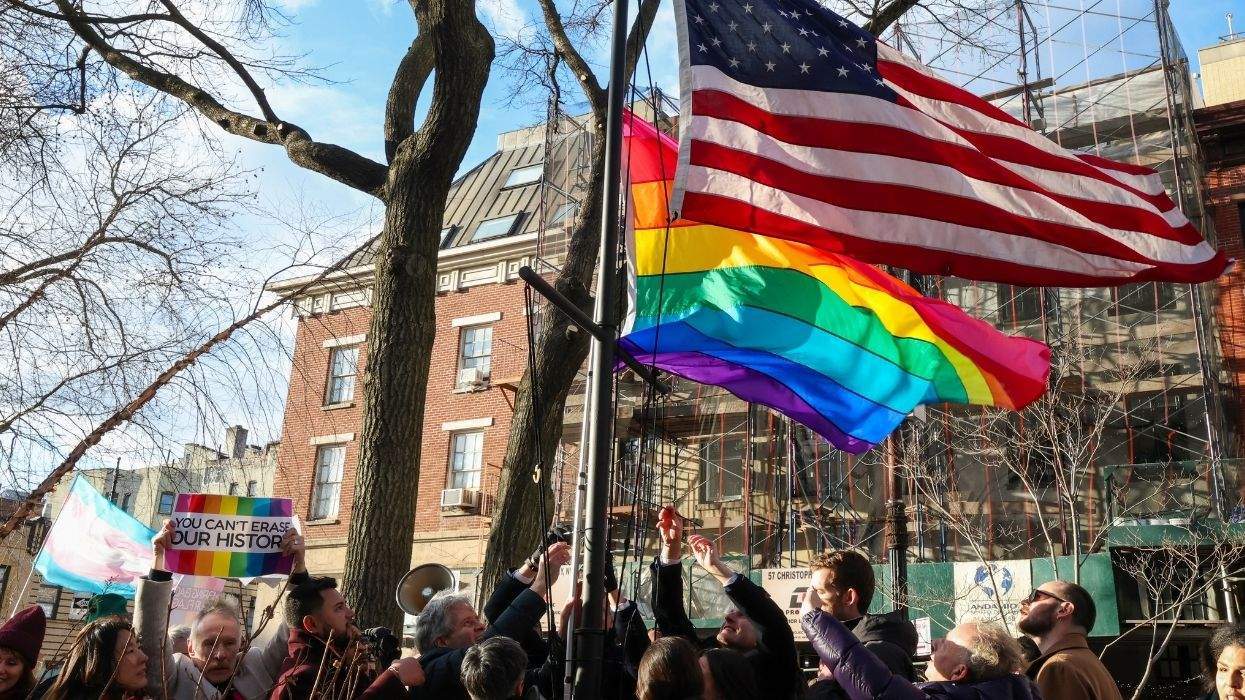Despite a federal judge’s order blocking the Trump administration from transferring some transgender women to men’s prisons, the Bureau of Prisons is continuing the practice, putting incarcerated trans women at serious risk, The Guardian reports.
Keep up with the latest in LGBTQ+ news and politics. Sign up for The Advocate's email newsletter.
According to civil rights attorneys, trans women not covered by ongoing litigation have been forcibly moved to men’s prisons in recent weeks. Some have had their gender markers changed in prison records before relocation. Others report being denied gender-affirming health care, subjected to pat-downs by male guards, and forced to surrender personal undergarments now considered contraband.
Related: Trump will ban trans women from women's prisons by removing trans inmates from rape protections
“I’m just continuing to be punished for existing,” Whitney, a 31-year-old trans woman recently transferred, told The Guardian before her move.
The transfers stem from Executive Order 14168, which Trump signed on his first day back in office. The sweeping directive states that the attorney general “shall ensure that males are not detained in women’s prisons or housed in women’s detention centers” and bars the use of federal funds for gender-affirming care in prisons. The order eliminates federal recognition of transgender and nonbinary identities and mandates that government agencies operate strictly based on one’s sex assigned at birth.
In February, Washington, D.C., U.S. District Judge Royce Lamberth issued an injunction blocking the policy for 12 plaintiffs, ruling that their forced transfer likely violated the Constitution’s prohibition on cruel and unusual punishment. However, The Guardian reports that trans women not included in the lawsuit remain vulnerable.
Related: Federal judge blocks Trump’s transfer of transgender women to men’s prisons
As The Advocate previously reported, Trump’s executive order is part of a broader effort to erase transgender people from federal policy. The order eliminates legal protections across government agencies, affecting passports, healthcare, housing, and workplace rights.
For trans prisoners, the consequences are particularly severe. The Prison Rape Elimination Act requires officials to assess inmates’ risk of sexual violence, but advocates say Trump’s order disregards these protections.
“This is incredibly unnecessary and cruel,” attorney Kara Janssen, who represents trans women in litigation, told The Guardian.
















Charlie Kirk DID say stoning gay people was the 'perfect law' — and these other heinous quotes
These are some of his worst comments about LGBTQ+ people made by Charlie Kirk.